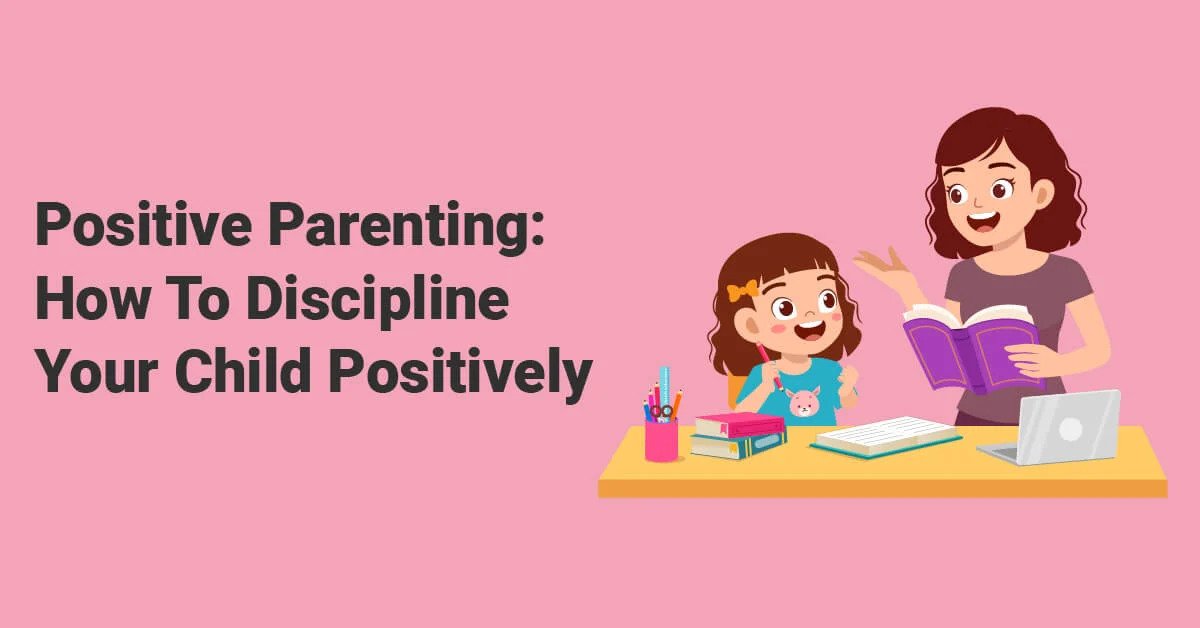
Reality discipline is a parenting technique that teaches children to understand and accept the consequences of their actions. The goal of reality discipline is to help children learn responsibility and self-control by giving them a clear understanding of the cause-and-effect relationship between their behavior and the outcomes that result from it.
This approach involves setting clear rules and boundaries and consistently enforcing them calmly and firmly. When a child breaks a rule or misbehaves, reality discipline focuses on natural or logical consequences rather than punishment or reward. The idea is to let children experience the consequences of their actions in a safe and controlled environment to learn from their mistakes and develop better decision-making skills.
For example, if a child refuses to put away their toys, the natural consequence might be that they can’t play with them for some time. If a child is rude or disrespectful to others, the logical consequence might be that they need to apologize and make amends.


Reality discipline is about helping children understand that their choices have consequences and empowering them to make better choices in the future.
Here are some strategies and goals for implementing reality discipline:
Set clear rules and expectations: Clearly define the rules and expectations for your child’s behavior, and make sure they understand what is expected.
Communicate effectively: Use clear and concise language when communicating with your child about their behavior, and avoid getting emotional or angry.
Use natural or logical consequences: When a child breaks a rule or acts up, use natural or logical consequences related to the behavior. For example, if a child doesn’t finish their homework, they may be unable to watch TV until it’s done.
Be consistent: Consistently enforce the rules and consequences, and make sure your child knows what to expect if they break a rule.
Focus on solutions: Help your child come up with solutions to their problems rather than simply punishing them for their behavior.
Encourage responsibility: Teach your child to take responsibility for their actions and help them understand that their choices have consequences.
Foster empathy: Help your child develop empathy for others by encouraging them to consider how their behavior affects others.
The ultimate goal of reality discipline is to help children develop self-control and make better decisions. By teaching them to understand the consequences of their actions, they will be more likely to think before they act and take responsibility for their behavior. Reality discipline can also help children develop problem-solving skills and improve their relationships with others.


Here are some of the benefits of using reality discipline:
Encourages Responsibility: Reality discipline helps children develop a sense of responsibility for their actions. Children learn that their behavior has real-world consequences and are accountable for their actions by setting clear rules and consequences.
Teaches Problem-Solving Skills: When children experience the natural consequences of their behavior, they are forced to problem-solve and solve their problems. This can help them develop essential life skills such as critical thinking and decision-making.
Promotes Self-Control: Reality discipline helps children learn to control their behavior. When children understand that their actions have consequences, they are more likely to think before they act, which can lead to better self-control.
Builds Trust and Respect: When parents use reality discipline, they are consistent and fair in their approach to discipline. This builds trust and respect between parents and children because children know what to expect when misbehaving.
Enhances Communication: Reality discipline involves clear communication between parents and children. When parents explain the rules and consequences, children understand what is expected of them and why. This can lead to better communication overall between parents and children.
Promotes Emotional Intelligence: Reality discipline encourages children to understand and manage their emotions, as well as the emotions of others. By being accountable for their actions, children can develop empathy and respect for others, leading to better relationships and communication skills.
Encourages Independence: Reality discipline helps children become more independent and self-reliant. By experiencing the natural consequences of their actions, children can learn to make better decisions and take responsibility for their own lives.
In conclusion, reality discipline is a positive parenting approach that can help children develop essential life skills and behaviors such as responsibility, problem-solving, self-control, trust, respect, emotional intelligence, and independence. By using this approach, parents can promote healthy development in their children and help them succeed in life.
Written by Nila Baby Shop
Best Baby and Mother Products Store. Our main objective is to provide an exceptional online shopping experience, home delivery, and prompt customer service.
Leave a Reply